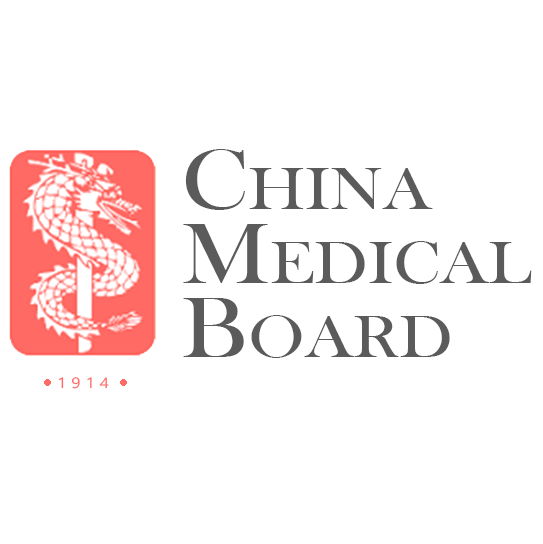
Set to launch early in 2024, the new China Medical Board (CMB) Postdoctoral Research Fellowship program will be facilitated by the University of Michigan Medical School with help from partner institutions in China. Selected participants will be placed into labs at one of three institutions for a minimum of one-year of mentored research experience.
“In recent years, China has emerged as a major leader in biomedical research, and even though China and the US share a mutual interest in advancing this field, very few US scholars enjoy the opportunity to spend time at academic medical centers in China, learning, building collaborations, and advancing research in areas of common interest,” said Global REACH Director Joseph Kolars, MD, MACP, who is leading the new program. “We are grateful to the China Medical Board as well as our partner schools in China who share our belief that the world’s collective health challenges demand solutions that transcend borders and cultures.”
Fellows will be provided an NIH-equivalent stipend, benefits, and travel funds, and will earn a certificate at the conclusion of the program. A working knowledge of the Chinese language is helpful but not essential. Learn more about the program here. Applications for the initial cohort of trainees will be accepted through Feb. 1, 2024. Global REACH can help connect prospective trainees with mentors in their respective discipline.
This marks the second CMB-funded scholarly exchange program facilitated by Michigan Medicine, after the launch of a women’s leadership program this year that is currently bringing early-career female physicians from China to Ann Arbor for year-long fellowships.
For the new program, which is open to scholars from U-M as well as other US institutions, the host sites are: Peking University Health Science Center, Michigan Medicine’s longtime partner institution in Beijing; Central South University Xiangya School of Medicine, in Changsha, which for several years has sent medical students to UMMS for research training; or Shanghai Tech University, in Shanghai, a relatively young institution that has already developed a standout reputation for research and innovation.
Selected participants will spend at least one—and possibly two—years at one of these sites under the guidance of mentors both in-country and at U-M, working on projects to bolster their research skills and building sustainable collaborative relationships.

“All three partner institutions are highly respected with researchers—many trained in the United States—who are highly regarded in respective fields, not just in China but around the world,” said Amy Huang, Global REACH Director for Asia Programs. “I’m confident in our ability to match fellows with top mentors across any discipline.”
To be eligible, participants must have either completed a doctoral or equivalent degree in a relevant field (e.g., MD, PhD, DDS, PharmD, DVM) or currently enrolled in a doctoral program. UMMS, as the chief facilitator, will benefit from strengthened, sustainable ties with the host sites as well as other US institutions that send scholars.
“I want to thank the China Medical Board for their support of this program and their trust in Michigan Medicine to lead this effort,” Kolars said. “The ultimate goal is to strengthen the academic ties between the two nations. Not only will we will train the next generation of US academic leaders, but we will help build strong collaborations between the world’s two largest scientific communities. I’m proud that the U-M Medical School is central to that effort.”
